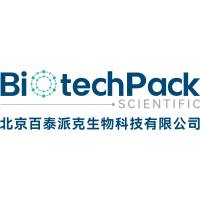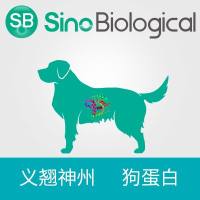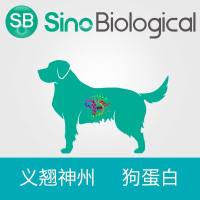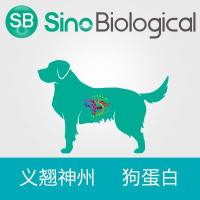Canine Adenovirus Downstream Processing Protocol
互联网
651
Adenovirus vectors are efficient gene delivery tools. A major caveat with vectors derived from common human adenovirus serotypes is that most adults are likely to have been exposed to the wild-type virus and exhibit active immunity against the vectors. This preexisting immunity limits their clinical success. Strategies to circumvent this problem include the use of nonhuman adenovirus vectors. Vectors derived from canine adenovirus type 2 (CAV-2) are among the best-studied representatives. CAV-2 vectors are particularly attractive for the treatment of neurodegenerative disorders. In addition, CAV-2 vectors have shown great promise as oncolytic agents in virotherapy approaches and as vectors for recombinant vaccines. The rising interest in CAV-2 vectors calls for the development of scalable GMP compliant production and purification strategies. A detailed protocol describing a complete scalable downstream processing strategy for CAV-2 vectors is reported here. Clarification of CAV-2 particles is achieved by microfiltration. CAV-2 particles are subsequently concentrated and partially purified by ultrafiltration–diafiltration. A Benzonase� digestion step is carried out between ultrafiltration and diafiltration operations to eliminate contaminating nucleic acids. Chromatography purification is accomplished in two consecutive steps. CAV-2 particles are first captured and concentrated on a propyl hydrophobic interaction chromatography column followed by a polishing step using DEAE anion exchange monoliths. Using this protocol, high-quality CAV-2 vector preparations containing low levels of contamination with empty viral capsids and other inactive vector forms are typically obtained. The complete process yield was estimated to be 38–45 %.









